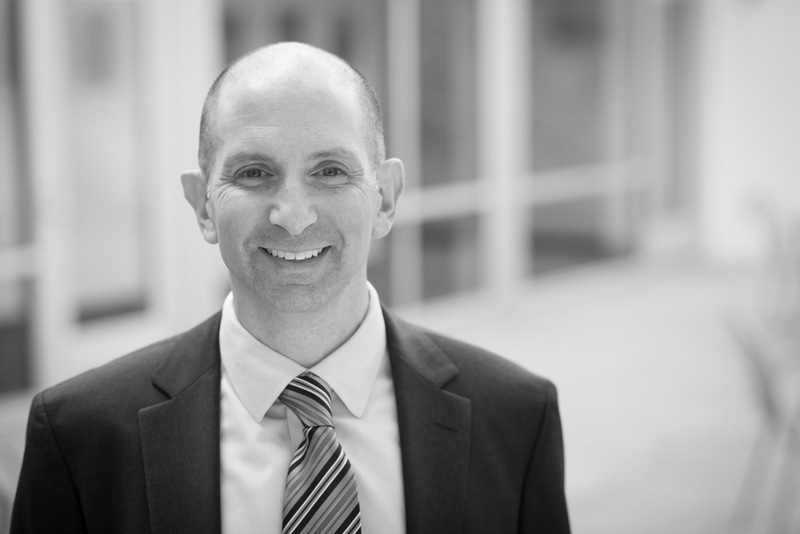 After services as a boy growing up in Minnesota, I recall my father’s reflections as I sat uncomfortably in my powder-blue polyester suit in the backseat of our rusting family car. We were trying to escape the parking lot with all the other congregants rushing toward the exits.
After services as a boy growing up in Minnesota, I recall my father’s reflections as I sat uncomfortably in my powder-blue polyester suit in the backseat of our rusting family car. We were trying to escape the parking lot with all the other congregants rushing toward the exits.
Having just spent the morning reflecting, beating our chests, repenting and listening to the rabbi talk about various themes of forgiveness, my father observed that we hadn’t even left the parking lot and people were honking at each other, shaking their fists angrily and cutting each other off. “How quickly we forget,” he would say to no one in particular. “We can’t even make it to the road and we are already treating each other poorly again. Where are these people going that they are in such a hurry? Selfishness and entitlement are such fast-growing weeds.”
I have come to realize my father was a bit of a blue-collar sage, and perhaps this is why the words of the prophet Isaiah have always resonated so deeply for me.
“Is this the fast that I desire? A day for people to starve their bodies…lying in sackcloth and ashes? Do you call that a fast?… No, this is the fast I desire…To untie the cords of the yoke. To let the oppressed go free…to share your bread with the hungry and to take the poor into your home. When you see the naked to clothe them and not ignore your people.”
Rabbi Akiva once stood at the mouth of a well and asked, “Who carved this stone?” He was told, “Is it not the water which falls on it?” Rabbi Israel Salanter commenting on this text writes, “The waters carved the stone only because they fell drop after drop, year after year, without pause. Had the accumulated water poured down at once, it would have slipped off the rock without leaving a trace.”
We can’t do binge forgiveness, manic tzedakah or go on a spiritual bender once a year during the Holidays and expect it to have much of an impact on our lives or those in our community. It will slip off of us, and for the most part, not leave a trace.
The shelf life of reflection and tzedakah is very, very short. The poor will still be poor. The isolated will still be alone. It seems our souls are too porous to hold the cleansing waters of forgiveness and prayer for very long.
We need to be like communal farmers all year. It takes continued effort to keep the weeds away so whatever fruit there is can take root. So too it is with us. It takes perpetual weeding and gardening of our souls. We need the fertilizer of reflection, but we also need the harvesting of action. As my father said one fall day when I was a boy back in Minnesota, “Selfishness and entitlement are such fast-growing weeds.”
Will Berkovitz is CEO of JFS. He and his wife Dr. Lelach Rave, live with their three children in North Seattle. Will is a long-distance runner, avid hiker and backpacker. He particularly enjoys volunteering in the Polack Food Bank and helping with refugee resettlement.




